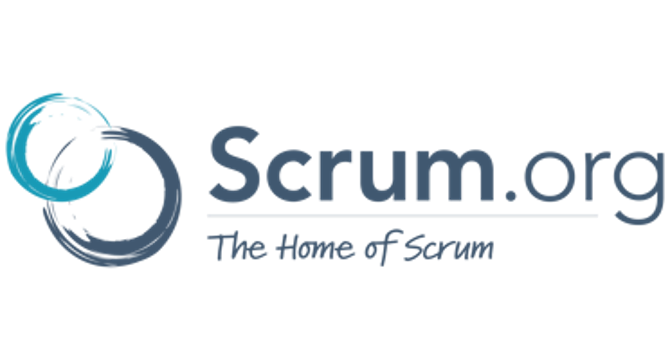Scrum
1w
253

Image Credit: Scrum
Increasing the Agility of Biotech Companies by Tuning their Scrum
- Scrum can help biotech startups increase their agility, according to Agile coach erik Talboom.
- The Agile framework is also suited for use in biotech, with cross-functional, self-managed teams and the Sprint review contributing the most to adoptions.
- Developing scientific products involves deeper complexities and uncertainties than software development, while biotech companies have been slow to adopt Scrum practices.
- For biotech companies adopting Scrum, the Sprint Review provided a critical opportunity for stakeholder discussions and exchange of ideas.
- There are some unique differences between applying Agile in the software industry and the biotech industry, such as greater difficulty in defining when a product is 'done'.
- In achieving the right balance between research and business, Talboom found that what contributed most to success were cross-functional teams and the Sprint review.
- The success of an Agile transformation is dependent on the engagement and motivation of people involved, and leadership that paves the path for increased agility.
- In general, scientists are used to working on their own, pushing their own boundaries; they don't often transcend to work as a team with different specialists.
- Adopting Scrum in biotech has led to increased transparency and commitment among teams, as well as providing opportunities for smarter decision making.
- Achieving successful adoption of new practices in biotech requires support, belief, and courage from senior management.
Read Full Article
15 Likes
For uninterrupted reading, download the app